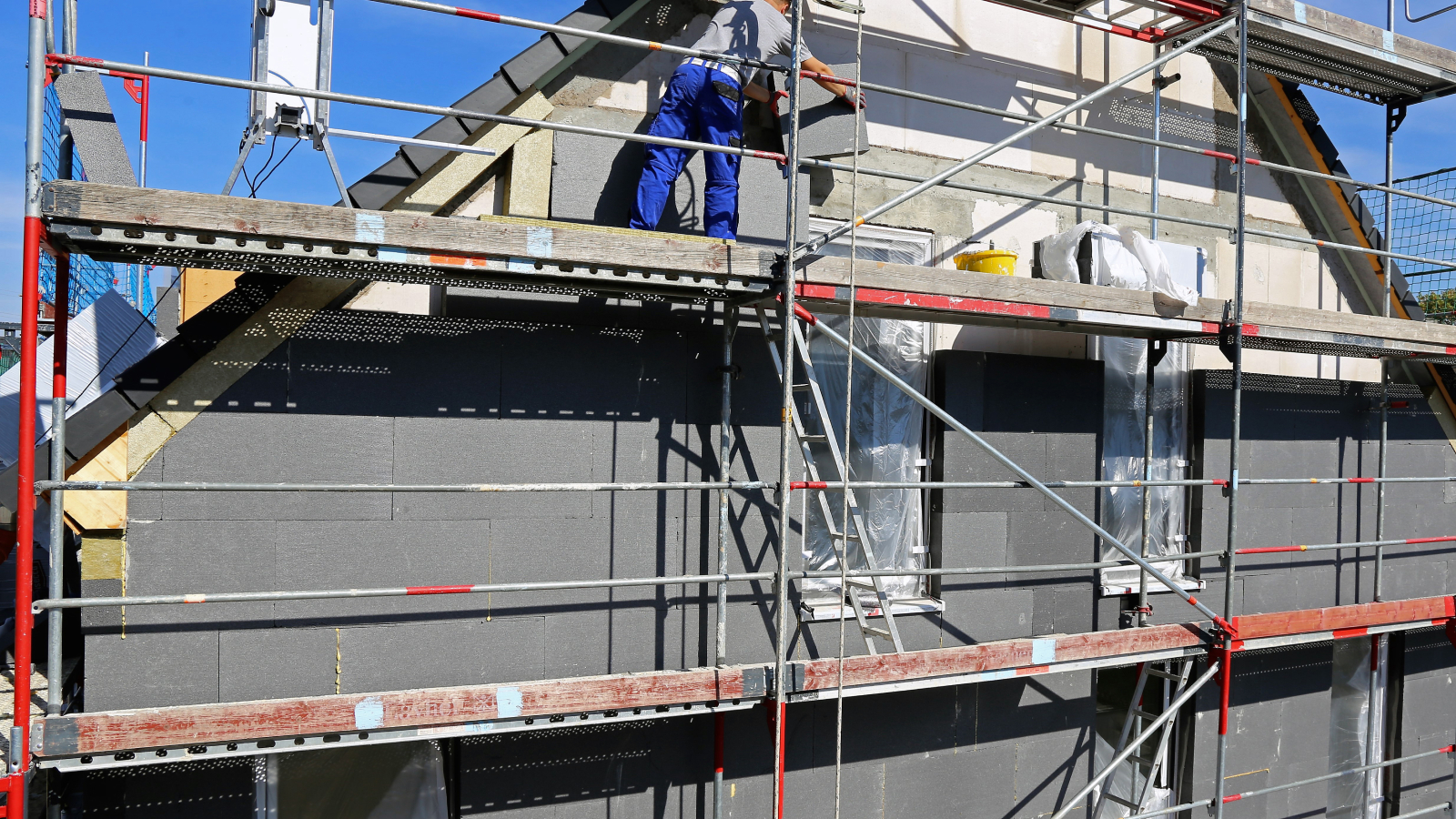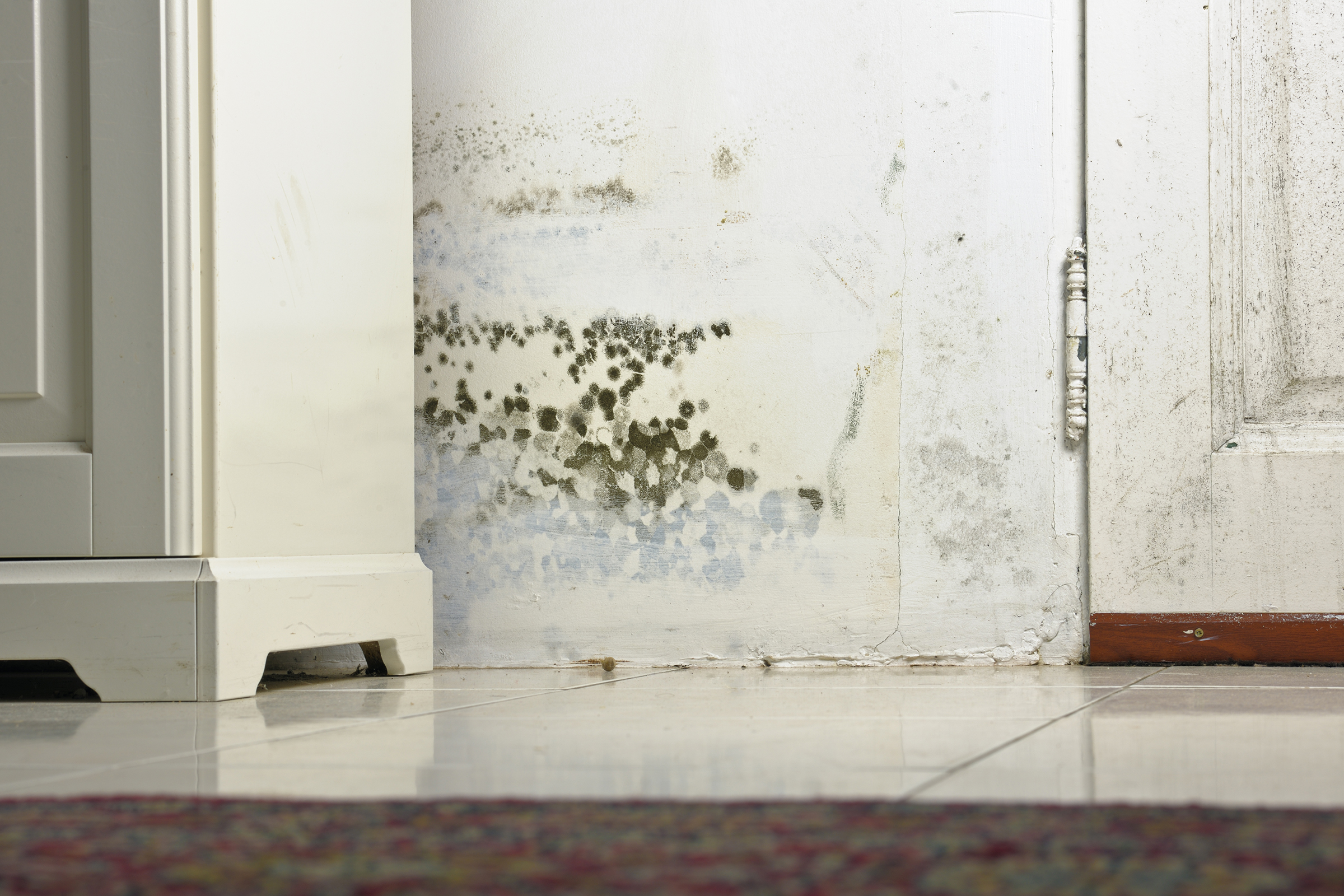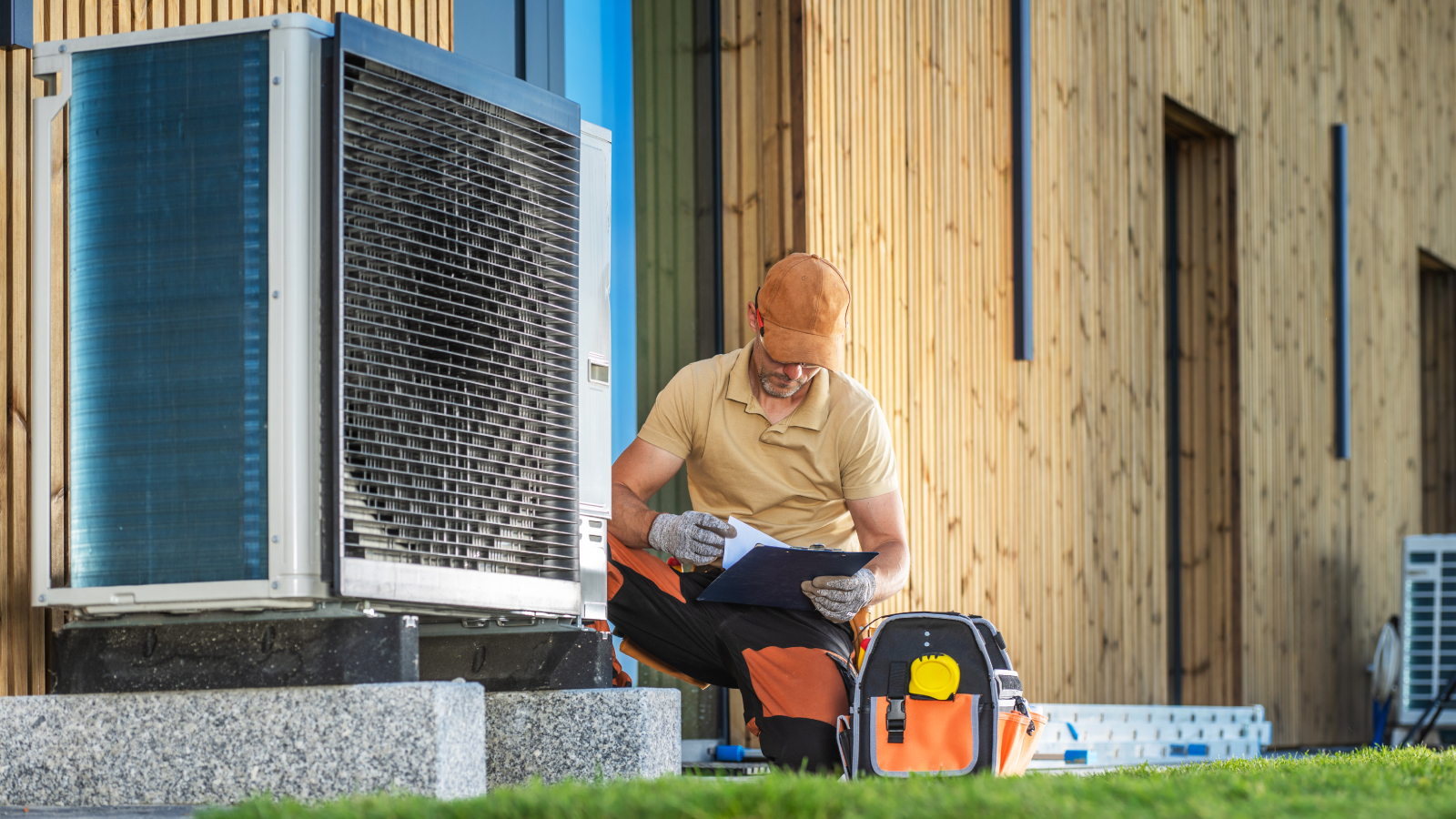Thousands of homes hit by botched Government insulation jobs
Watchdog finds external wall insulations leave most homes at risk of damp and mould, leading calls for urgent action to fix poor-quality retrofits

A damning new report has found that nearly all homes fitted with external wall insulation under government energy schemes could now be at risk of damp and mould.
The National Audit Office (NAO) uncovered widespread failures in workmanship and compliance across the Energy Company Obligation (ECO) and the Great British Insulation Scheme (GBIS).
The government has promised swift action, but campaigners warn that thousands of families are already living with the consequences of poor installation and weak oversight.
Widespread installation failures

The NAO report reveals major quality problems in homes retrofitted under ECO4 and GBIS, with external and internal wall insulation accounting for thousands of non-compliant installations.
TrustMark, the government-endorsed quality scheme, informed the Department for Energy Security and Net Zero (DESNZ) that high levels of work were substandard, posing risks ranging from poor insulation performance to damp and mould.
“The urgent priority for government should be to ensure faults are rectified and households have the warm, safe and healthy homes they were promised,” said Adam Scorer, Chief Executive of National Energy Action (NEA).
“People should have peace of mind that work in their homes is completed to a high standard, and where it is not, mistakes are corrected quickly at no cost to them.”
Bring your dream home to life with expert advice, how to guides and design inspiration. Sign up for our newsletter and get two free tickets to a Homebuilding & Renovating Show near you.
According to the report, 28,000 homes have had external wall insulation installed, representing just 3% of all measures, yet these are responsible for the majority of quality complaints and failures identified by TrustMark.
Suspected fraud and oversight failures
The report also highlights suspected fraud, with some retrofit businesses overclaiming for work not carried out or not meeting required standards.
TrustMark notified DESNZ of the issue in April 2024, warning that undetected fraud meant fewer households benefitted from the schemes than reported.
The NAO concluded that weak oversight and fragmented responsibility between DESNZ, Ofgem, and private contractors allowed both poor quality work and fraud to go unchecked.
The watchdog said the government’s monitoring system had “limited information and few levers” to prevent widespread failure.
Government response and next steps
The Department for Energy Security and Net Zero said it has taken immediate action to ensure that all affected homes are identified and remediated.
“Installers responsible for this substandard work will be forced to fix it and households should not be asked to pay,” said a DESNZ spokesperson, echoing the government’s position in a recent statement.
DESNZ added that it is reviewing how retrofitting schemes are managed to strengthen consumer protections and prevent future fraud.
“Effective insulation remains vital to tackling fuel poverty and cutting emissions - but these failures show that delivery must match ambition,” added Adam Scorer of NEA.
With over 300,000 homes upgraded under ECO4 and GBIS combined, ministers now face mounting pressure to prove that taxpayer-funded retrofits are both safe and genuinely energy-efficient.

News Editor Joseph has previously written for Today’s Media and Chambers & Partners, focusing on news for conveyancers and industry professionals. Joseph has just started his own self build project, building his own home on his family’s farm with planning permission for a timber frame, three-bedroom house in a one-acre field. The foundation work has already begun and he hopes to have the home built in the next year. Prior to this he renovated his family's home as well as doing several DIY projects, including installing a shower, building sheds, and livestock fences and shelters for the farm’s animals. Outside of homebuilding, Joseph loves rugby and has written for Rugby World, the world’s largest rugby magazine.
